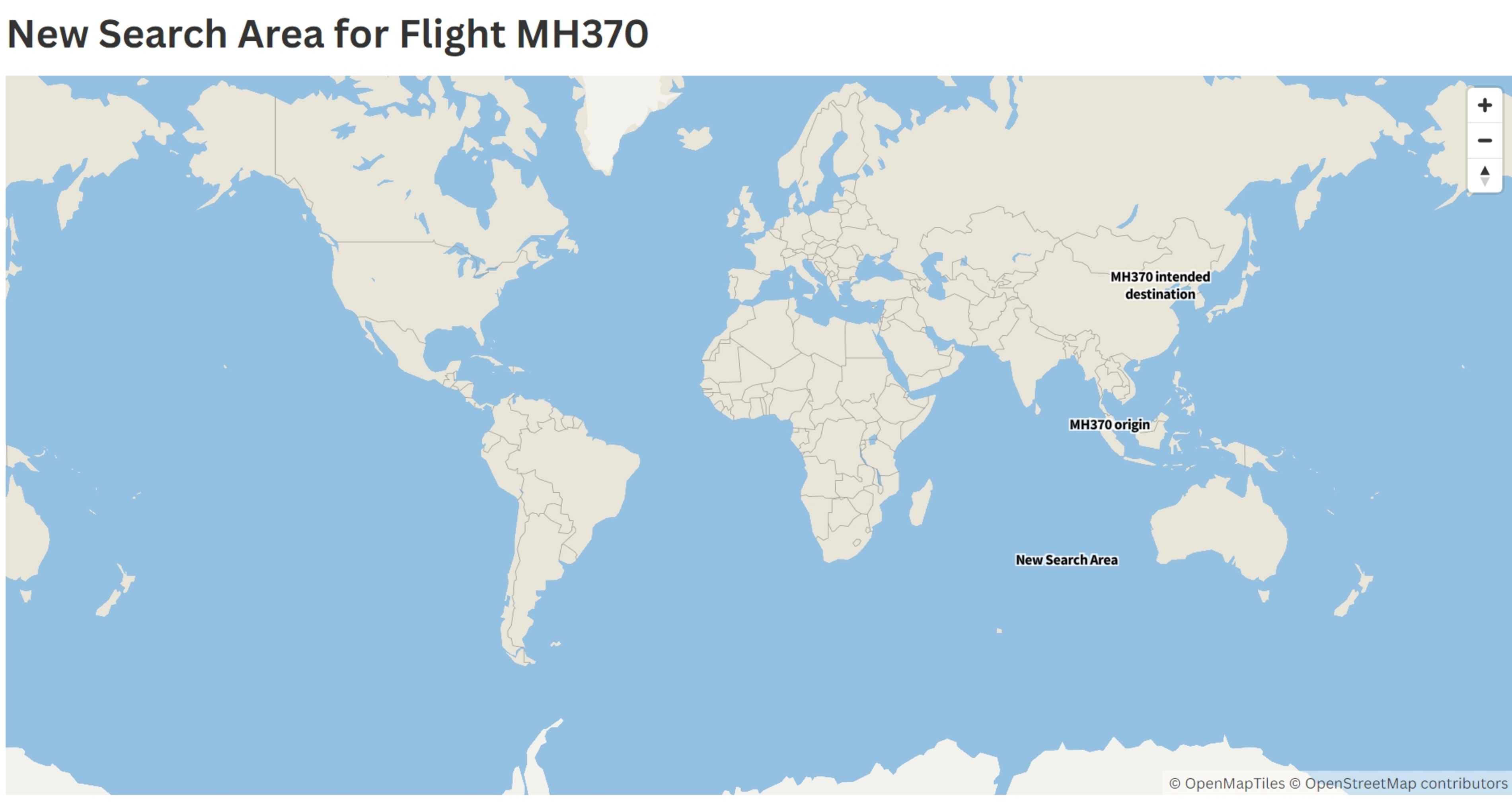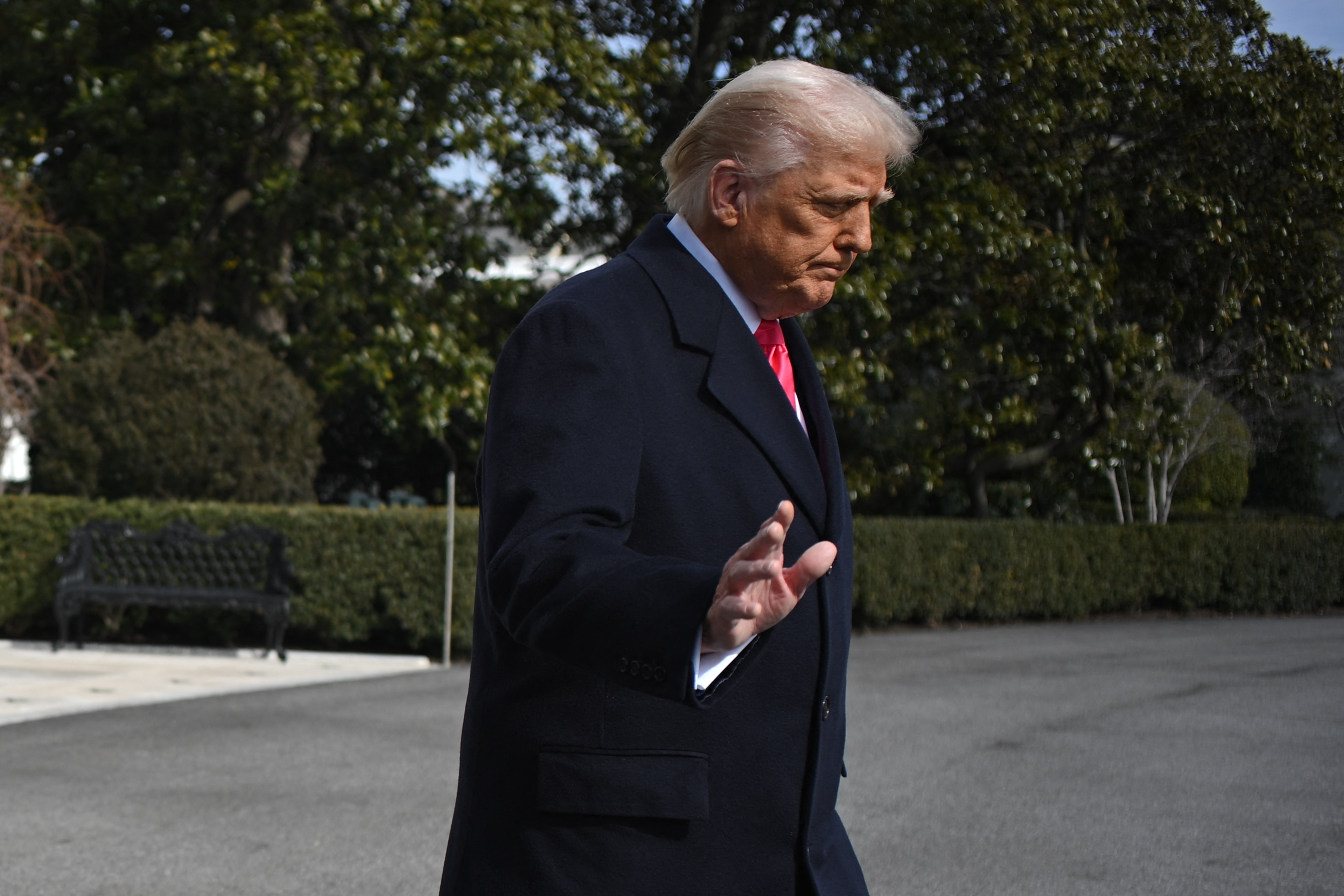Elon Musk has praised a new Hungarian policy granting a tax exemption for mothers who have two or three children.
The billionaire, who has often spoken out about the world's declining birth rates, said this was a "great policy" in a post on X.
Newsweek has contacted X, via email, for comment on behalf of Musk.
Why It Matters
Several countries have taken significant measures to try to encourage people to have more children and combat falling birth rates, but the U.S. is not one of them. Although the Department of Transportation was recently directed to give precedence to "communities with marriage and birth rates higher than the national average," earlier this month.
Now Musk, who President Donald Trump tapped to head the Department of Government Efficiency (DOGE), has vocalized support for tax incentives for mothers.
What To know
Musk shared a post made by Swedish journalist Peter Snowden, which said: "HUGE NEWS Hungarian Prime Minister Viktor Orban announces LIFELONG tax exemption for mothers who have two children or more. We need to increase the birth rate. Make Europe Great Again."
Orban announced the policy at the weekend, with other measures as part of what he called "the biggest tax reduction program in Europe," Reuters reported.

The new tax benefit for mothers of two or three (mothers of four are already exempt from income tax) will be phased in gradually from January. Hungary's family subsidies amount to more than double its defense budget, according to the Financial Times.
Hungary's births dropped to a record low last year (77,500), down 9.1 percent from the previous year, according to its government's statistics office.
What People Are Saying
Orban said: "This will be a huge expense but the reviving economy, the measures to support businesses and full employment combined are capable of paying for this in a way that the budget deficit and public debt both decline."
Elon Musk's Warnings About Declining birthrates
Elon Musk has repeatedly expressed concern over declining birth rates, viewing them as "one of the biggest risks to human civilization." He has described himself as a pronatalist, advocating for higher birth rates to prevent potential societal collapse.
He has argued that low birth rates pose a greater risk to civilization than global warming, saying that many developed countries are experiencing birth rates insufficient to sustain their populations, which could lead to economic and cultural challenges.
How Many Children Has Elon Musk Fathered?
Musk has fathered multiple children with different partners. In February, reports emerged of a paternity lawsuit involving Musk and influencer Ashley St. Clair, who claimed he fathered her child. As of February 2025, Elon Musk has fathered 13 children with four different women.
Is the US birthrate Declining?
In 2023, the general U.S. fertility rate decreased by three percent from the previous year, reaching a historic low of 54.5 births per 1,000 women aged 15 to 44. This marked the second consecutive year of decline, following a brief one percent increase from 2020 to 2021.
The total number of births in 2023 was 3,596,017, a two percent decrease from 2022. Notably, birth rates declined for women aged 20 to 39, remained unchanged for those aged 10 to 14 and 40 to 49, and the birth rate for teenagers aged 15 to 19 decreased by three percent to 13.2 births per 1,000 women.
Projections for 2025 indicate a slight increase in the fertility rate to 1.787 births per woman, up from 1.786 in 2024. However, this remains below the replacement level of approximately 2.1 births per woman, necessary to maintain a stable population without accounting for immigration.
This declining birth rate has raised concerns about potential long-term societal and economic impacts, such as an aging workforce and increased pressure on social support systems.




















 English (US) ·
English (US) ·